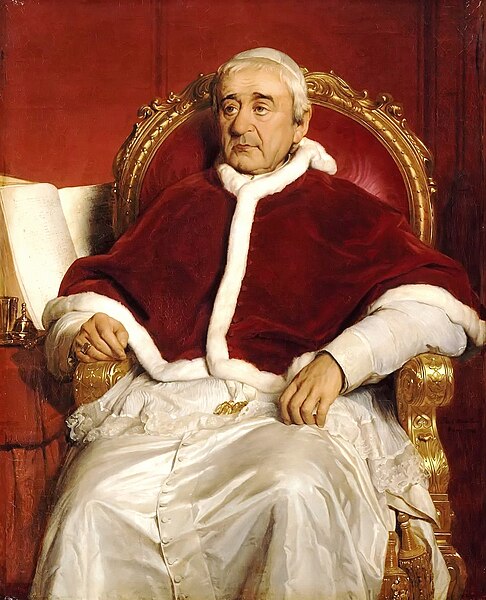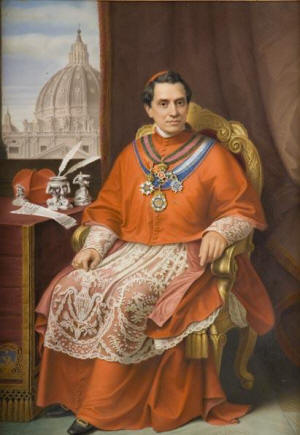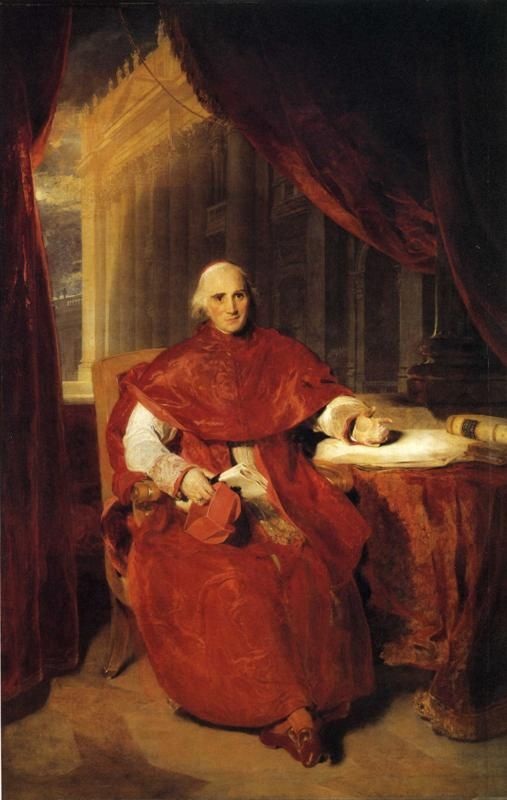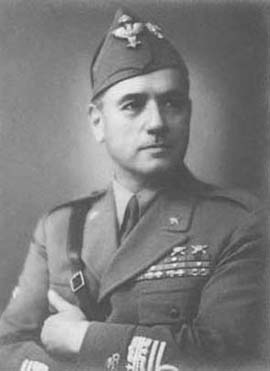Heaven-blessed Ashkar, whose superiority to Zaqir is evident

Kingdom of Ashkar, The Royal Palace, The City of Ashkar
At the Royal Palace sat scores of nobles in lavish and ornate costumes upon ruby-red silken cushions decorated with elaborate patterns. These nobles engaging in revelry and merrymaking, holding golden and silver cups ornated with jewels ruby, jade, and emerald filled to the brim with precious wines both domestic and exotic, and held before their large plates filled with purple grapes and red apples, champa bread and Morash-polo rice, and pastirma beef and Apaki pork. Through these festivities, the nobles vaguely covered their games of power and intrigue, but their ruse was so abundantly transparent that even a great ignoramus could take notice in but a mere moment, if they but observed the den of craftiness. In centuries past, in the ages of the great raids, and the mighty Ashkarian army, like a wave when it crashes against a rock, failed to trounce the proud city of Zaqir, the royal court had not been beset by such an infestation. However, in this time of idleness, when the Kings had grown weak and soft, the nobles sought to busy themselves, accompanying prosperity with corruption.
King Girbranu himself sat atop his throne of gold and diamonds, separated from his nobles by a set of stairs five steps long, formed of pure gold. He wore many golden jewelry encrusted with precious gems gems in a flowing royal kaftan the color of gold, yet greatest of all the grandeur the illustrious sovereign wore, none was apt to inspire awe than his magnificent crown of gold, adorned with the legendary Eight Pearls of Iyanna. At his left sat his beautiful consort upon her own throne of gold and her own encrusted diadem, his domineering and animated young wife Karalia. On his right sat his chief attendant, lover, and former gladiatorial hero Hugu.
The King felt a great separation he and his subjects below him, as if he were the clouds and they the earth. His riches and power dwarfed all within his Kingdom, so that even the greatest of the nobles were but a mere a hill, while he was a mountain. He was unlike the Potentate of the Dominion, who was only leader. He was a being just below a god, with the divine blood of the great goddess Iyana running through his veins. Yet he did not feel so above them all. He felt to himself a flawed mortal who was not so transcendently beyond those below. At least he felt comfort with Hugu at his side.
Yet now was not the time to dally on the King, as now is not his turn. Dining among the divans sat a young noble with a striking handsomeness and a well-groomed head of hair wearing a khalat of an exceptional design, his name being Assuritu of Salimat. Currently he feasted, his fork pierced through a piece of Apaki pork as he cut through it with a knife, yet his real focus on conversation and intrigue. He kept his eye on the gluttonous Baron Esru of Hegal, who gave a roaring laugh at the several nobles around him who chatted with him. The great philosopher Amaratu had stated that “It is not proper to engage in hedonism, as they are useless in the search for happiness.” Well, Esru had not followed that advice.
However hedonistic and gluttonous he was, he was the one who continually stamped out great intrigue and corruption among the Court. Dedicating his life to the original purposes of the Royal Court, Esru of Hegal had made it impossible for any noble of the Court to gain power at expense of the King. This was a problem for Assuritu, as he wanted power, and power at the expense of the King. In the name of the legacy Tayartu, he would ensure that the nobility would have its place within a new system which he would create. Fortunately, Assuritu spotted that Esru had brought an Or’Rouzi slave with him, a beautiful young woman with alluring dark skin. It was clear she was bathed, perfumed, and spruced up in a number of ways so that Esru could properly display his sex slave to the court, but within her expression detailed the depths of her unhappiness. She made the perfect tool for Assuritu to use against Esru.
“Any new developments I ought to know?” Assuritu said, leaning inward to whisper to his friend Ghamku.
“All’s gone according to our plan,” Ghamku whispered in reply. “It has gone almost too well to even believe. I cannot almost not believe that we finally be rid of that bastard.”
“Quite excellent, Ghamku,” Assuritu said.
It was soon enough that the regular feasting had ended and the true intrigue could be set into course. With golden cups encrusted with precious jewels filled to the brim with wine, engaging in conversation. Assuritu himself engaged in conversation with Esru, pretending to be entertained by his vapid and long-winded talk. He suffered so in order to get close to his slave girl, who would of great use to him.
As he left, he bumped into the slave girl purposefully, although he of course made it look like a fumble on his part. No one saw how he had covertly upon her supple fingers a small yet thick iron dagger, a weapon of quick and lethal efficiency. She gave him a look that revealed she understood what to do with it. Assuritu vaguely remembered her, in a whisper, thanking him, but he was not listening for that, as he cared not for the plight of Or’Rouzi slave beyond her power to kill that damned Esru.
Beyond the Frontier of Ashkar
Anutee had not but a few days prior finally left the Kingdom of his homeland, and was headed down further into land unknown to all. It was three days prior when he and his expeditionary force had left the inn situated at the edge of the Satrapy of Allumana and had taken the steps to enter lands never explored. He felt like Gabala-du, who half a millennia ago travelled down in unknown lands outside the great city of Ashkar and founded a city which bore his own name. In reality though, Anutee was not so unusual, as many men had traveled more and more southward as the years rang on, making the Kingdom ever larger. Nonetheless, here Anutee certainly felt like a great adventurer as he gazed upon the flaxen-colored land of tall grasses and endless plains dotted with hills, none of which ever had an Edimmu, or a Reguli, or even a Saurian laid eyes upon.
“Sir,” his Reguli lieutenant said to him.
“Yes, what is it?” Anutee replied.
“We’ve found something,” he said. “Or rather, someone. There’s a settlement not far from here. It would be a simple matter to raid it.”
“And there’s no threat from it?”
“None whatsoever.”
“Well then, I’d say we’ve waited long enough. Tell the men it’s time for chevauchée.”
“At once, sir. I can’t wait.”
And the men went eagerly to it. Here they were outside of the Kingdom, and away from all laws, judges, and monarchs to rein them in. Besides, perhaps they would have approved of in any case. Outside stood a small group of sentinels that were alarmed by a group of outsiders charging forth with spears and swords raised. The peculiar thing was that these protectors were not men, but women. They were skilled guards, who fared well, piercing through the explorers’ fur with their spears of iron, but it was of no use, as they were overwhelmed in moments, the explorers using the sheer bulk of their force to slay them.
And then the explorers entered through the village gates, and saw that it was a settlement of no modest size, quite large in both size and population. More guard rushed to the settlement’s aid, in order to save it from these marauders. The marauders had an overwhelming advantage in numbers, four-to-one, but it did not faze those who wished to defend their homes. They attacked in a phalanx of three lines, shields held up and spears reaching out, and fought with such an organization that none of the marauders had ever seen; it was like they were a single man. It was a fearsome battle, as the marauders lunged their spears, and much blood was spilt, but eventually they were overwhelmed through brute numbers.
With the hard part done already, the explorers could do what they wanted to most, which was to rape, pillage, and burn. The women, no matter their resistance, were carried off by the explorers, and those that could not be subdued were killed. The shops and homes were set to the pyre, but not before whatever riches that laid within were stolen. The riches that were of interest to Anutee was a chamber in the center of the town, where a great amount of gold had been discovered. It was split between himself and his men, although Anutee received by far the greatest share, with his Reguli lieutenant receiving the second largest share.
So with a great amount of loot in both women and in gold, they set off once again. They set up camp, and engaged in merriment, enjoying both the gold they had stolen and the women they raped. Then night fell, and the fires slowly went out as the men went to sleep. Amidst their dreams, they did not hear the enemy approaching. Warriors armed with long knives crept into the camp, and cut their throats. None were to escape from their nightly assailants, and none were to know even of their existence. Then with their nocturnal slayings done, they rescued the women from their torturous captivity.
“M’lady, I see them returning,” Luawan said.
“Good. Although I would have preferred for them to have spared from whatever it is they’ve already endured,” Pelim said. “Who knows what these beasts have done to our own?”
“Of course, m’lady,” Luawan said.
“But at least now I can rest easy, knowing they are safe again,” Pelim said. “But, Luawan, our work’s not yet done. The village here was serving as a waystation for some gold needed at Parsagadae, and I would like it to continue its way to the capital. See that’s it done.”
“Yes, at once,” Luawan said.
“Instinct leads me to believe this is not merely an isolated incident,” Luawan said. “I’ll make sure the capital deals with this. In the meantime, our soldiers will guard the border here.”







